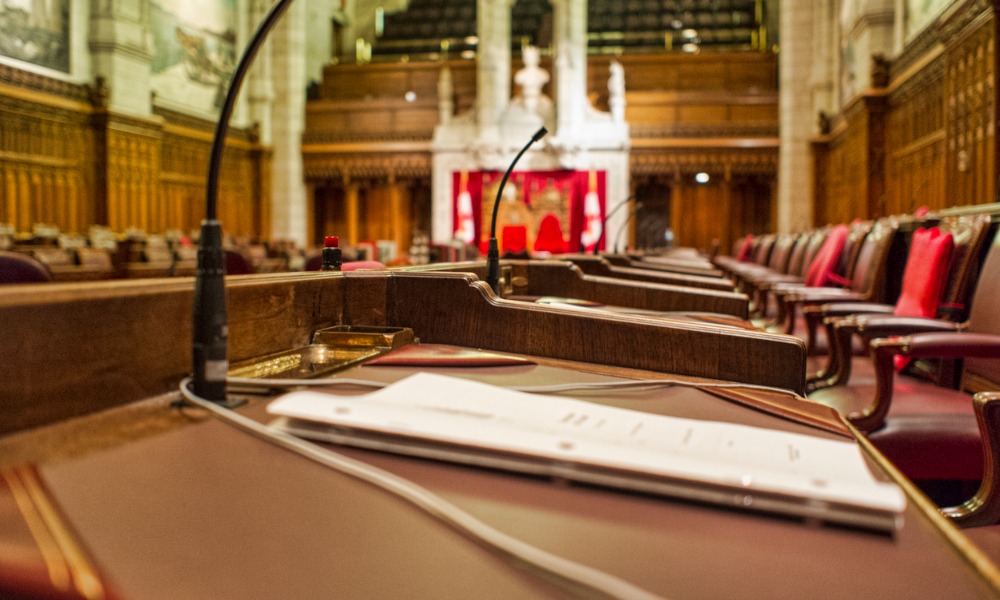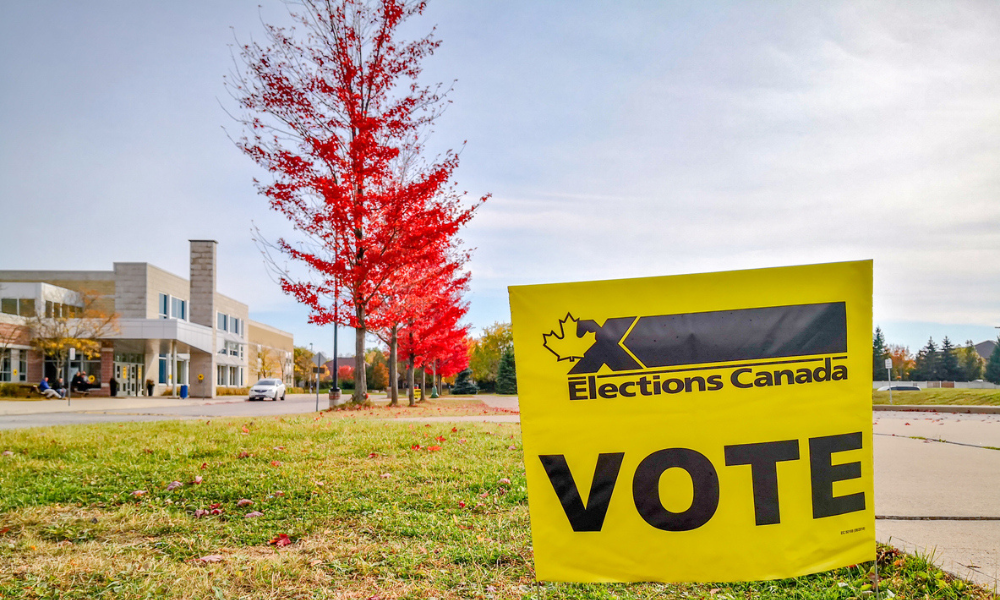Robust police services still needed to protect public, domestic assault victims, says John Silvester
The tragic death of George Floyd in Minneapolis in May shocked us all, and understandably led to vociferous calls for significant and meaningful police reform. Many of the changes that are now being discussed or implemented across North America are positive and perhaps long overdue, particularly with respect to use-of-force techniques that can be applied to detained suspects.
Of concern, however, are the growing calls to get rid of police services or, at least, cut back on their scope of operations. “Defund the police” is a slogan that seems to be appearing everywhere, and it seems that supporters of the current anti-police movement envision a society in which we are somehow safer if police officers are essentially non-existent in our communities.
We thus see that the Minneapolis City Council has voted to dismantle that city’s police department. In Los Angeles, municipal politicians are moving forward with a proposal to cut over $130 million out of its police department’s roughly $3-billion budget (although local activists had proposed a “people’s budget” that would have slashed about 90 per cent of the LAPD’s budget).
Most Read
Proponents of defunding the police argue that proper funding of the social services that marginalized people depend upon is likely to be more effective in cutting crime rates than spending massive amounts of dollars on police budgets. I take no issue with the point that investments in programs such as addiction services and in public housing will help to address the root causes of crime. But I do respectfully suggest that those who would defund police are naive if they believe most or all police services are no longer needed.
For example, it is easy to say that many 911 calls arise out of a mental health crisis and that a mental health worker can be sent to defuse the situation. But what happens when the person experiencing the mental health crisis suddenly pulls out a knife and someone gets injured, or worse? How will the public feel when the police explain afterwards that no officer was present because the 911 call had been screened as a non-police matter?
Notwithstanding the claims of the movement to defund police, there is an abundance of evidence to suggest that we live in a world in which our reliance upon police services is increasing. Don’t we want the police to have the necessary resources to be able to track down the cyberbullies who prey upon our kids? And reflect for a moment upon the 2016 attacks in Europe, at a Nice beach and a Berlin Christmas market, which illustrated how a public gathering is an easy target for a terrorist who is determined to drive a vehicle into a crowd of people. It became clear that it is not safe to hold public events in which large crowds will be in an open space without a sufficient police presence; and the Toronto van attack of 2018 made clear that we in Canada are not immune to this type of risk, even outside of public events.
Particularly striking has been the lack of discussion about the potential impact of defunding police on victims of domestic violence. A report published by the U.S. Department of Justice in 2009 stated that domestic violence-related calls constitute the single largest category of calls received by police. That finding is consistent with what can be seen on a typical day in any bail court in the Greater Toronto Area, where one can easily predict that at least half of the new arrests will be individuals charged with either domestic charges or breaches following an initial domestic charge.
There is no standard pattern for domestic violence, but the following is a summary of a typical 911 domestic call that police receive. A female party calls 911 to report that she and her male partner got into an argument, and the male party has been drinking. He has punched a hole in the wall and slapped her in the face, and the couple’s young children were present. The female party is frightened that the situation is going to escalate, and she asks for police officers to be sent to the house as soon as possible.
Who is a Minneapolis woman in the above-noted scenario supposed to call if that city follows through with its plan to disband its police department? And what assurances are there in other cities that a timely response would be forthcoming if the police budget has been severely slashed? One hopes that it does not reach the point where calling for police assistance is somewhat akin to trying to get the service of an air-conditioner technician in the middle of summer; but the proponents of defunding the police aren’t considering what impact these policies will have upon law enforcement’s ability to successfully prosecute domestic violence cases.
Policymakers in Canada at both the federal and provincial level for many years have made clear that addressing domestic violence is a high priority, and police officers have been given directions to arrest a suspected abuser if there are grounds to do so. No longer are these matters to be “swept under the rug,” with no action taken. Yet the current approach depends on the police having sufficient resources to respond to 911 calls promptly and gather the evidence, such as witness statements and photographs, that is generally needed to build a case that will stand up in court. Officers are then required to be available to attend court to testify when the case reaches the level of a contested trial.
Hard questions thus need to be put to those seeking to defund the police. We can all likely agree that there is a need for police reforms and for policies to combat the discrimination that still exists within our society; but getting rid of the police or stripping them of the resources they need to properly do their jobs will almost inevitably take us to a place where vulnerable victims of crime are left without the help they need.











